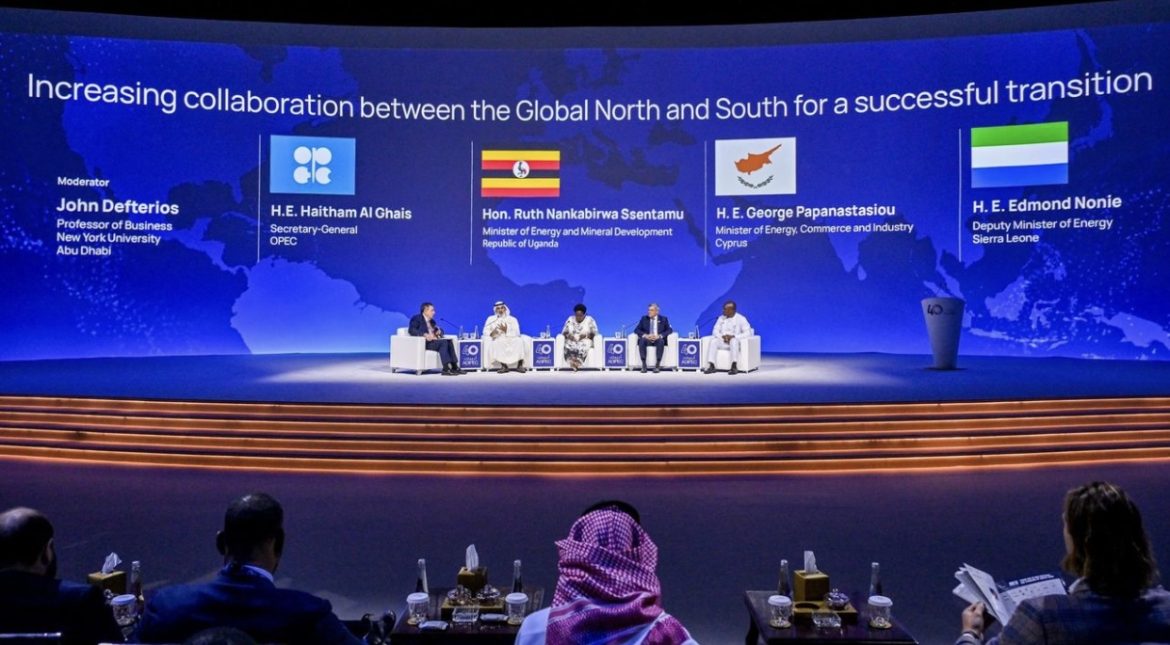KEY POINTS
- ADIPEC 2024 emphasises North-South cooperation in energy.
- OPEC calls for a balanced energy mix worldwide.
- Urbanisation boosts energy demand in developing nations.
Abu Dhabi’s ADIPEC 2024 showcased collaboration between the global North and South towards an inclusive energy transition.
During a well-attended panel, industry leaders and officials discussed energy access, inequality, and balancing renewables with fossil fuels.
OPEC Secretary General Haitham Al Ghais emphasised that while renewables are essential, fossil fuels remain vital, especially for emerging economies facing rapid urbanization.
With 600 million new urban residents expected by 2030, primarily in non-OECD countries, demand for reliable energy will surge. Al Ghais underscored the Paris Agreement’s focus on emissions reduction, highlighting technology and innovation as critical to meeting climate goals.
The need for fairer distribution
Energy disparities highlight the need for fairer distribution. Heathrow Airport’s consumption, surpassing entire nations like Sierra Leone, underscores this. Panelists called for global cooperation, noting OPEC’s support for all energy types. This push for inclusivity aligns with projects like the East African Crude Oil Pipeline (EACOP).
Despite the challenges, EACOP promises mutual benefits; Uganda’s Energy Minister, Ruth Nankabirwa, views it as a “win-win” for domestic refining and exports, boosting industrial growth.
Sierra Leone’s Deputy Energy Minister, Edmond Nonie, echoed similar goals, aiming for affordable, grid-based energy. Nonie sees mining companies as key clients, enabling rural access through expanded transmission lines and creating a foundation for universal energy access.
Global energy transition needs global strategic alliances
Regional cooperation has become key for energy stability and diversification. Cyprus and Egypt, for example, are planning natural gas exports to global markets through Egypt’s LNG infrastructure. Cypriot Energy Minister George Papanastasiou noted Cyprus’s goal to leverage Egypt’s underused facilities for efficient exports, supporting both international distribution and Egypt’s local demand.
At ADIPEC 2024, the focus was clear: the global energy transition demands strategic alliances, inclusive policies, and investments from all economies. Collaborative frameworks, like OPEC’s Charter of Cooperation promoting technology sharing, exemplify the potential of South-South partnerships.
With a focus on equitable growth, North-South collaboration remains central to a balanced energy transition. ADIPEC highlighted that a collective approach is essential to meet global energy needs responsibly in the next decade.



